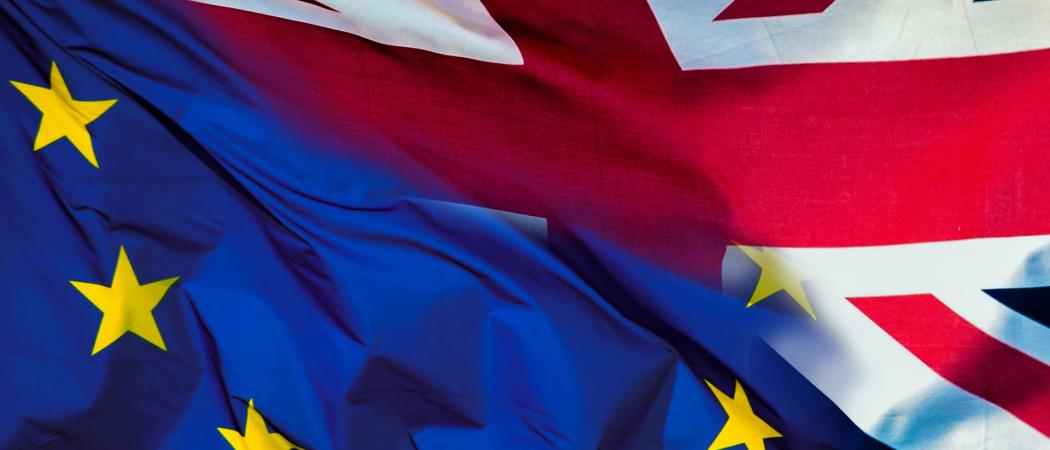Government note says crashing out with no deal could mean the UK loses access to European Research Council grants, Marie Sklodowska-Curie Actions and the SME instrument

The UK government is seeking discussions with the European Commission on the details of continued participation in EU research post-Brexit, after acknowledging that the country would likely be cut out of some big Brussels-run funding competitions if it crashes out of the EU without a deal.
A guidance note published on Thursday, one of 25 documents exploring the disruptive consequences to sectors including pharma, finance and farming, if Brexit negotiations end in failure, lays out new instructions and contingency plans for UK research organisations.
The government says there will be 80 technical notices in all to advise individuals and companies on how to prepare for a possible no-deal Brexit.
In its note on research, the government explains that universities and companies from third countries - the status to which the UK reverts after it leaves the EU on March 29 next year - can still participate in a wide range of collaborative programmes funded by the EU.
However, third countries currently are not allowed to access all parts of the EU’s €77 billion Horizon 2020 research programme, including the European Research Council, some parts of the Marie Sklodowska-Curie fellowship programme and the SME instrument.
“These lines currently make up a colossal proportion of the UK's current takings and the ERC is particularly large in size and high in prestige and value,” said Mike Galsworthy, programme director at the pressure group Scientists for EU.
A no deal, hard Brexit, would also mean UK comoanies could no longer bid for contracts with the International Thermonuclear Experimental Reactor in southern France.
The UK will negotiate to stay in these programmes but said Thomas Jorgensen, senior policy coordinator with European Universities Association, “As the integrity of EU rules is a priority in [talks], I do not think that anyone should expect exceptions from what is in the regulations.”
The government notice reiterates its promise to step in with funding for researchers awarded with Horizon 2020 grants after 2019. It will also continue to provide funding for its share of costs in the EU-funded Joint European Torus until the end of 2020, if the EU extends its contract with the nuclear facility until then.
In the event of hard Brexit, the UK government will not pay anything to EU partners in projects run by UK institutes. “We are aware of some cases where UK participants lead a consortium and are responsible for distributing funding to the other participants; the UK government is seeking to discuss how this could best be addressed with the European Commission,” the note says.
The government also wants clarity on what happens to ongoing research projects that include a UK participant, but which will no longer meet compliance rules after Brexit. A Horizon 2020 consortium must include at least three participants from three different EU member states or associated countries such as Switzerland and the UK’s change in status from member state to third country could affect the legal status of some EU-funded consortia.
Recipients of Horizon 2020 funding in the UK will soon be asked to provide data to the public funding body, UK Research and Innovation, in order to prepare the underwrite guarantee.
The technical note lands at a delicate time in Brexit negotiations, with the chances of a no-deal rising in recent months.
The UK international trade secretary and leading Brexiteer Liam Fox puts the chances of a no deal at 60 per cent. Bank of England governor Mark Carney has described the possibility as "uncomfortably high."
“In short, it's a mess,” said Galsworthy, who is calling for a new referendum on Brexit. “Although the government insist no-deal is an 'unlikely' scenario, its possibility causes damage now. Firstly, this will have a chilling effect on grant applications and hiring, and secondly, UK grantees to Horizon 2020 will have to register their grants with the government just in case. So it's devastation if it does happen and red tape and waste if it doesn't.”
No deal would ‘wreak havoc'
The government’s Brexit guidelines make it clear that in many areas of life new UK red tape will replace EU bureaucracy.
In the event of no deal, companies exporting to Europe would face new customs and excise rules and safety declarations.
Pharma companies have been told to build six week stockpiles to avoid any possible disruption to supply.
The planning papers present a series of nightmare scenarios, according to the Confederation of British Industry, a trade association.
“These notices show that those who claim crashing out of the EU on World Trade Organisation rules is acceptable live in a world of fantasy, where facts are not allowed to challenge ideology. By now few can be in any doubt that no deal would wreak havoc on economies across Europe,” said Josh Hardie, CBI deputy director general.
Naomi Weir, deputy director of the advocacy group the Campaign for Science and Engineering, said the papers “represent vital preparations and plans that I hope are never called upon”.





 A unique international forum for public research organisations and companies to connect their external engagement with strategic interests around their R&D system.
A unique international forum for public research organisations and companies to connect their external engagement with strategic interests around their R&D system.